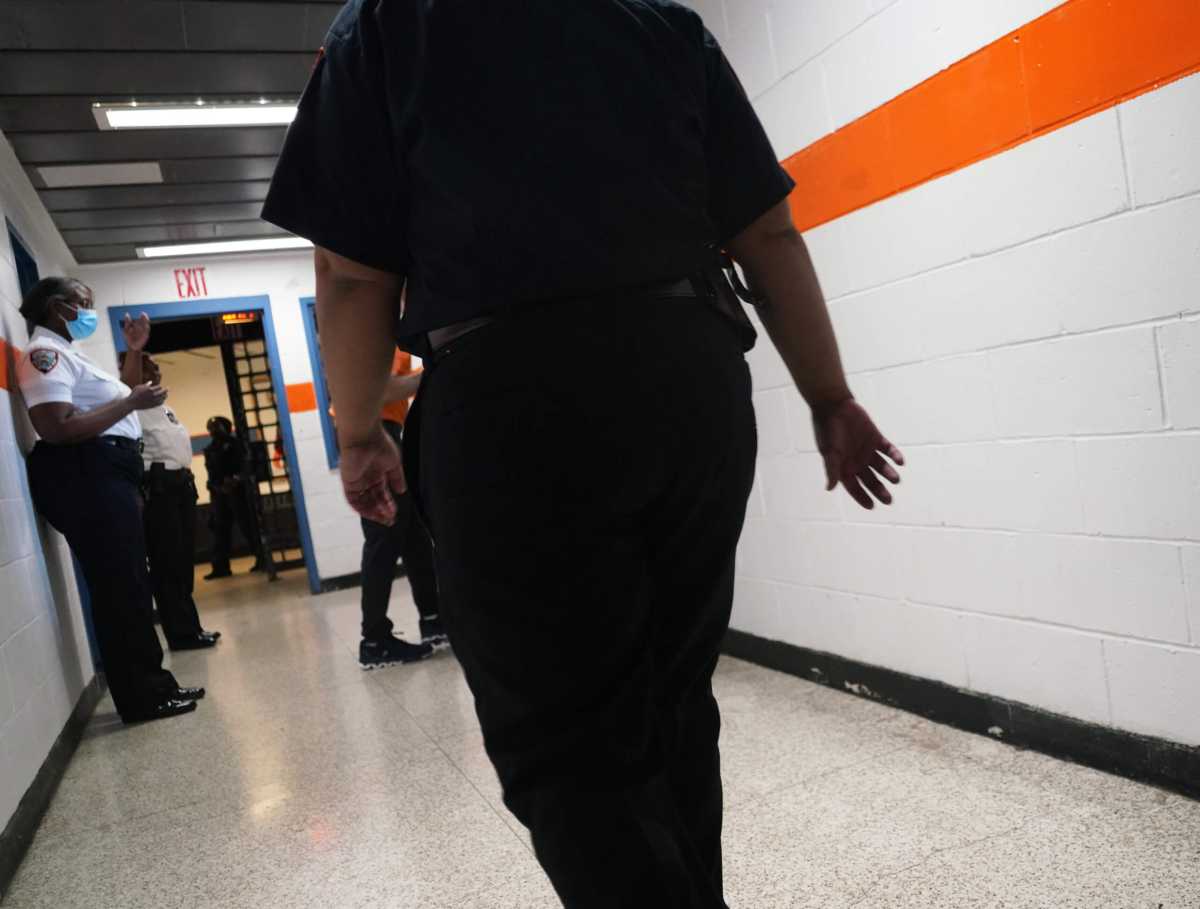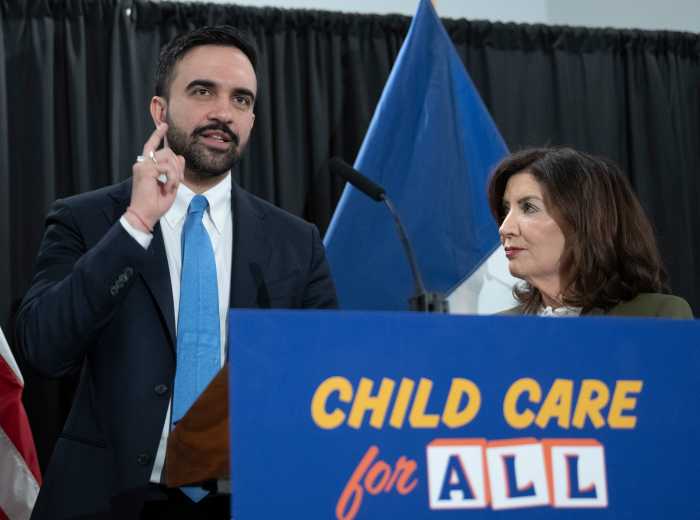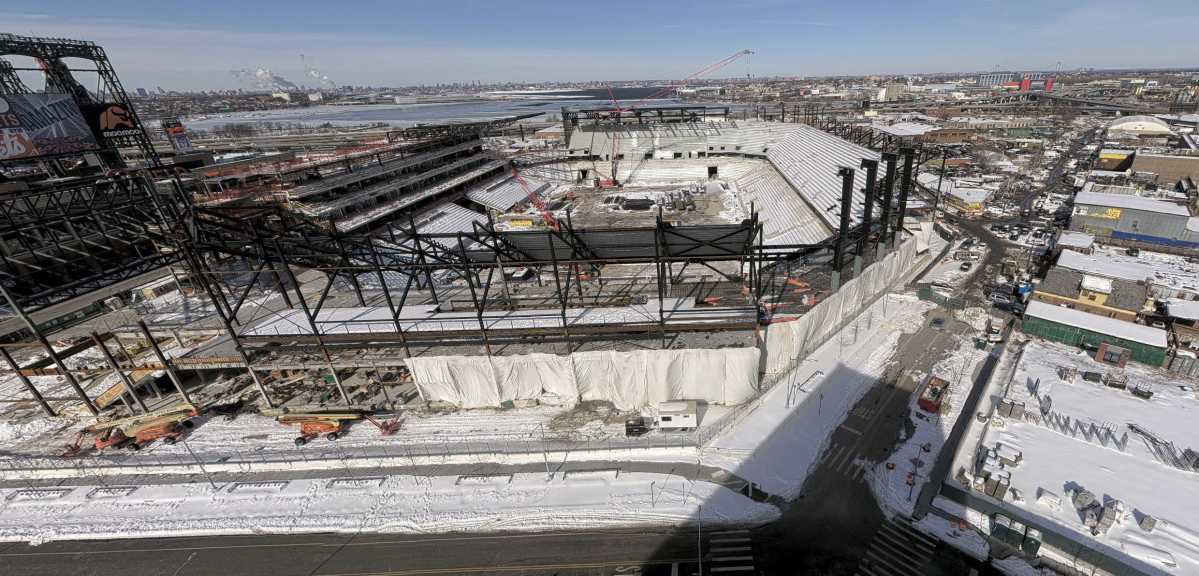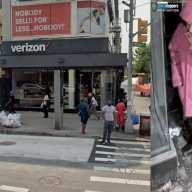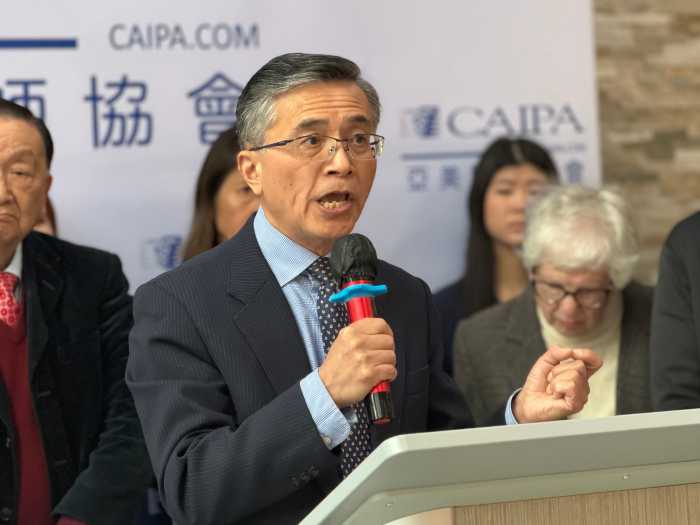A state Supreme Court judge on Monday halted Mayor Eric Adams’ emergency executive orders suspending parts of a law banning solitary confinement in the city’s jails, ruling that Hizzoner had “acted beyond the scope of his emergency powers.”
The decision, issued by Judge Jeffrey Pearlman on June 30, sided with the City Council and Public Advocate Jumaane Williams, who sued the administration in December 2024. The suit argued that Adams unlawfully used his executive powers by declaring an emergency in the city’s jails simply based on the implementation date of Local Law 42, which the City Council and then enacted into law, overriding Adams’ veto.
The mayor’s July 27, 2024 orders delayed the law’s implementation. They included a four-hour time limit on holding detainees in “de-escalation confinement” and restrictions on the use of restraints during prisoner transport.
The City Council argued the law bans the practice of keeping detainees isolated for long stretches, which is broadly considered inhumane. In his opposition, Mayor Adams has maintained that the city no longer uses solitary confinement and claimed the Council’s legislation would undermine jail safety.
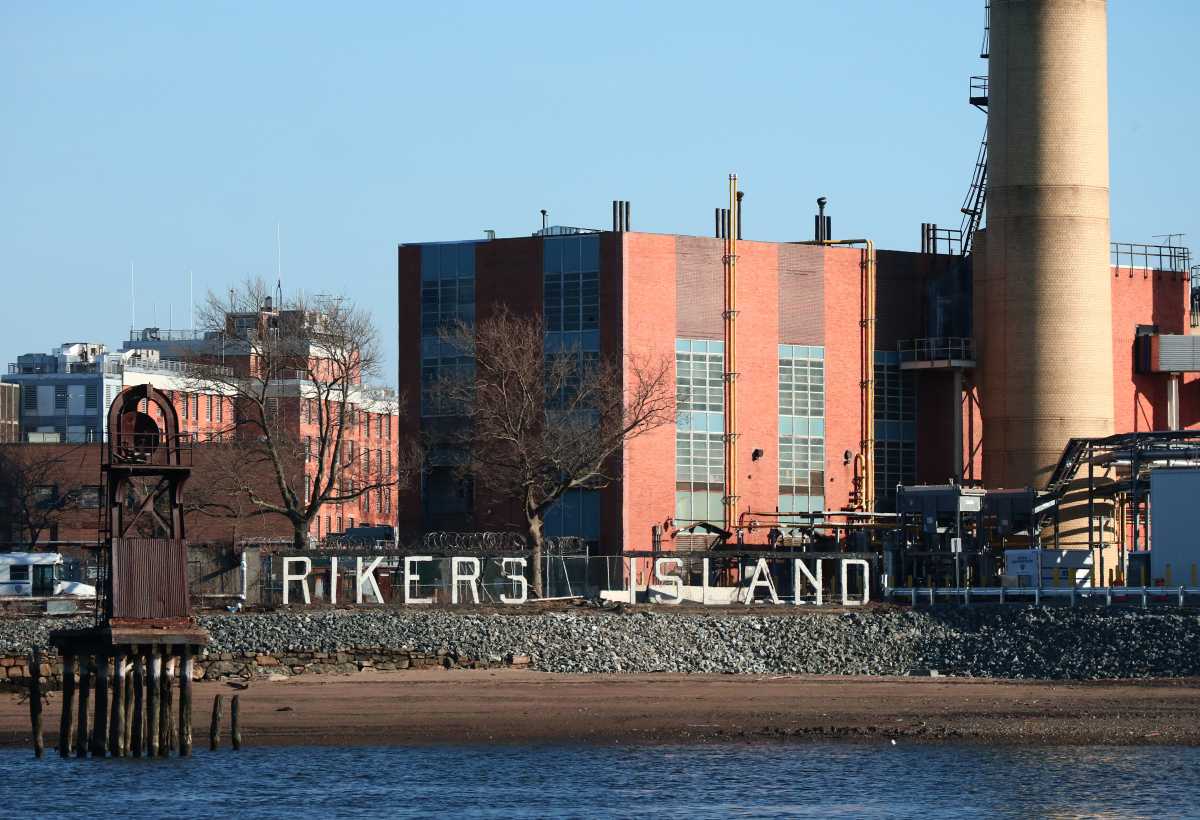
Adams’ rationale on executive order ran ‘contrary to law’: Judge
Judge Pearlman rejected Adams’s rationale, writing that the emergency declaration and actions were not legally justified simply because Adams disagreed with the law’s timing or impact. “Rationality is only relevant where an action is not contrary to the law,” the judge wrote, noting that the mayor’s powers do not extend to overriding legislation passed through the democratic process of the City Council.
The judge acknowledged that any ban on solitary confinement may still require federal oversight, particularly from U.S. District Judge Laura Taylor Swain, who recently stripped the city of control over Rikers Island. But Pearlman said Adams should have sought a court injunction from Judge Swain rather than invoking emergency powers.
Adams, Pearlman wrote, was not “compelled to utilize his emergency powers as he asserts because Judge Swain, along with the federal monitor, had control over whether the law could actually be implemented.”
City Council Speaker Adrienne Adams, in a statement, called the ruling a “win for our local democracy, human rights, and public safety,” and urged the Adams administration to comply with the law.
“Solitary confinement has been proven to cause physical, psychological, and emotional harm,” she said. “The Council duly enacted Local Law 42 because we cannot maintain the status quo of failed policies and practices that put everyone in danger.”
Following the court decision invalidating Mayor Eric Adams’ emergency orders, a spokesperson for the mayor pushed back, warning the ruling could jeopardize safety in city jails.
“Let’s be clear: Solitary confinement has not been used in New York City jails since 2019,” said mayoral spokesperson Liz Garcia, adding that Local Law 42 “creates a new definition of solitary confinement out of thin air and then aims to ban that.” She said the law would “create a public safety emergency in our jails that threatens the lives of both people in our care and our staff,” and noted the administration is reviewing its legal options.
When Adams issued the orders, he contended they were designed to address safety concerns raised by the federal monitor—Steve Martin—overseeing violence at the Rikers Island jails. He also insisted the orders would be in place for 30 days, giving his administration time to come up with another solution. However, he had renewed them every 30 days up until Monday’s ruling.
Martin had backed the pause on implementing Local Law 42 in a report published earlier this year, writing that without foundational reform and federal approval, it could create more danger than it resolves. The report noted that the city’s jail system lacks the staffing, security procedures, and infrastructure to safely implement the law as written.



